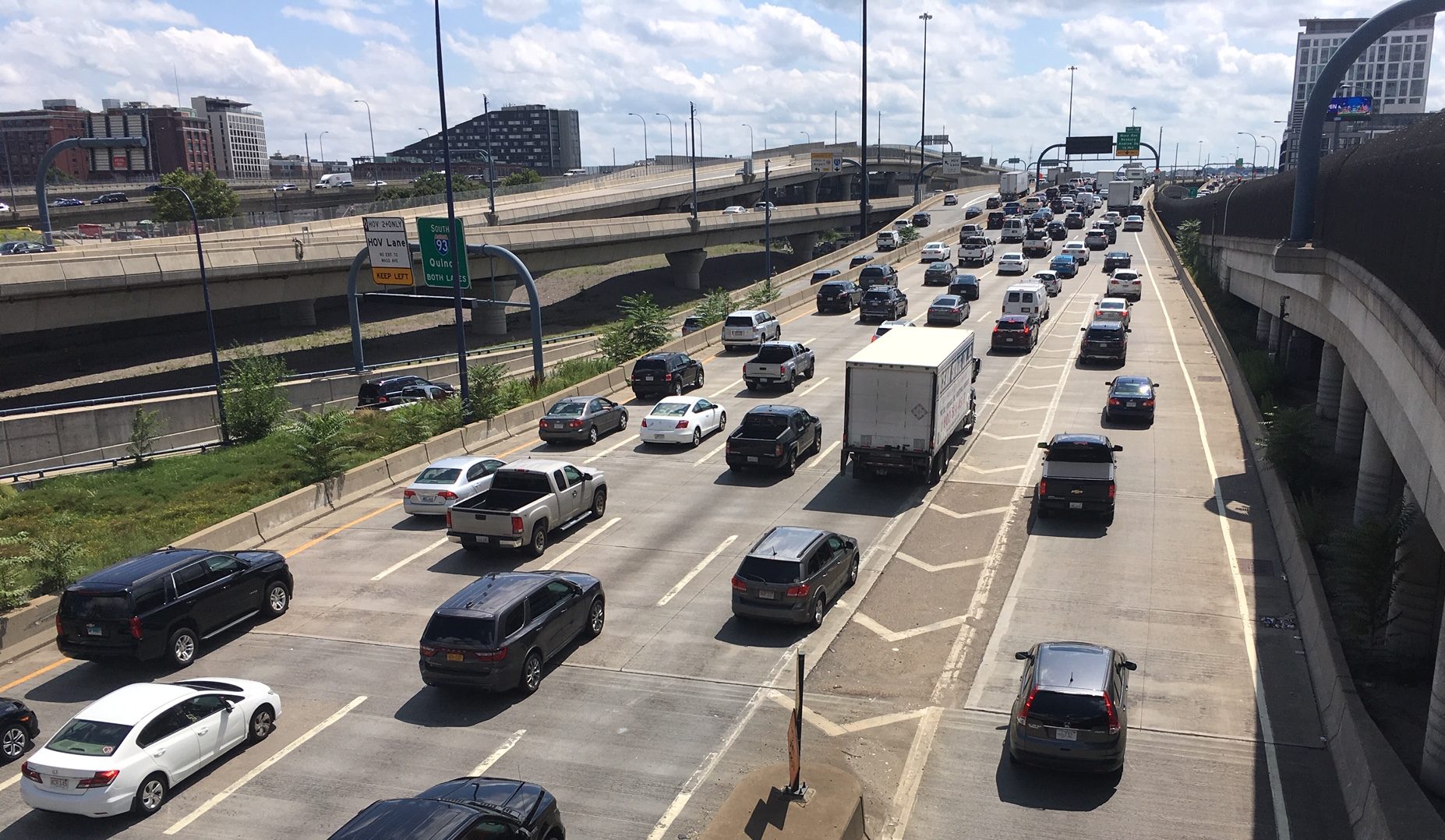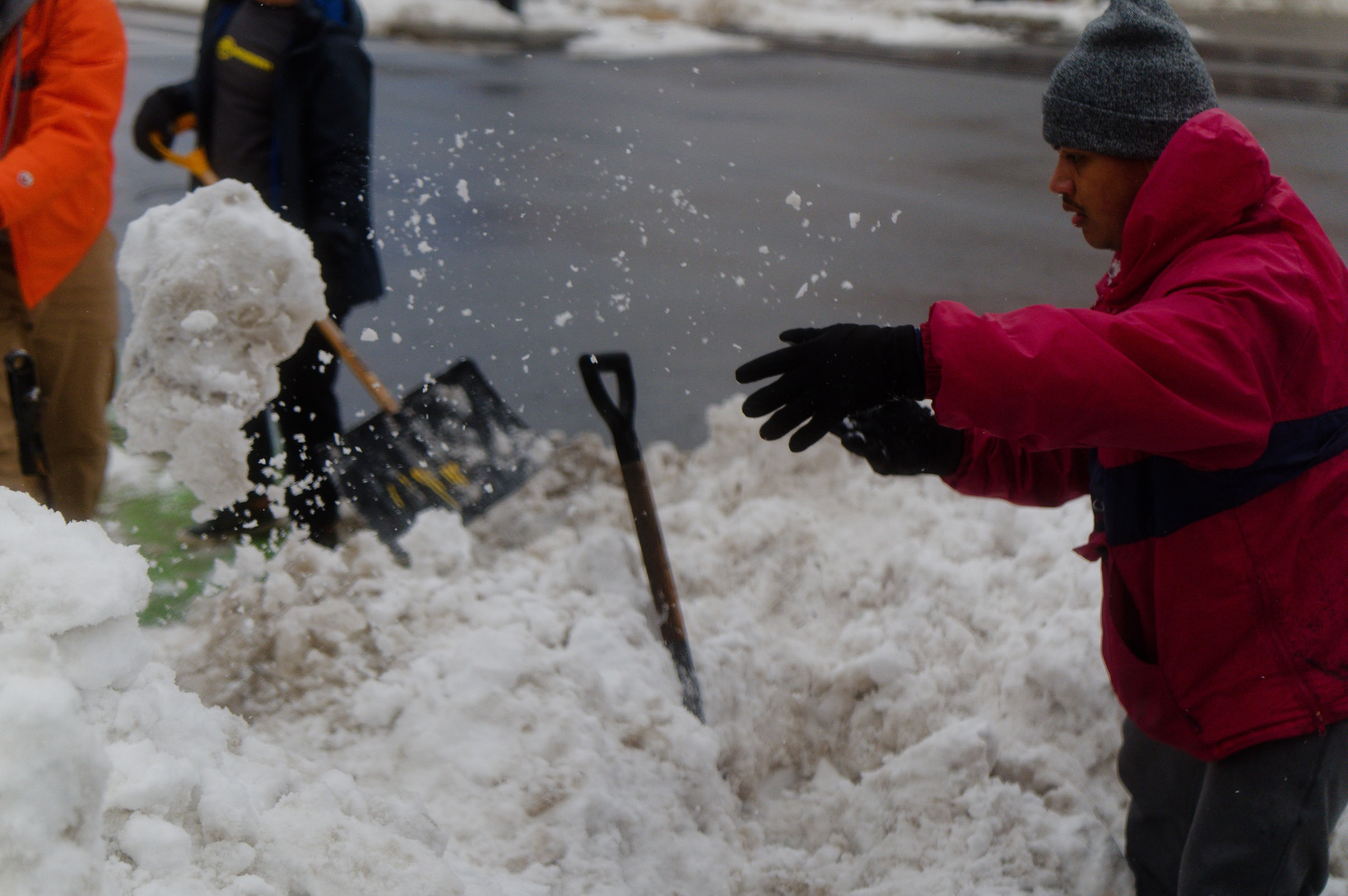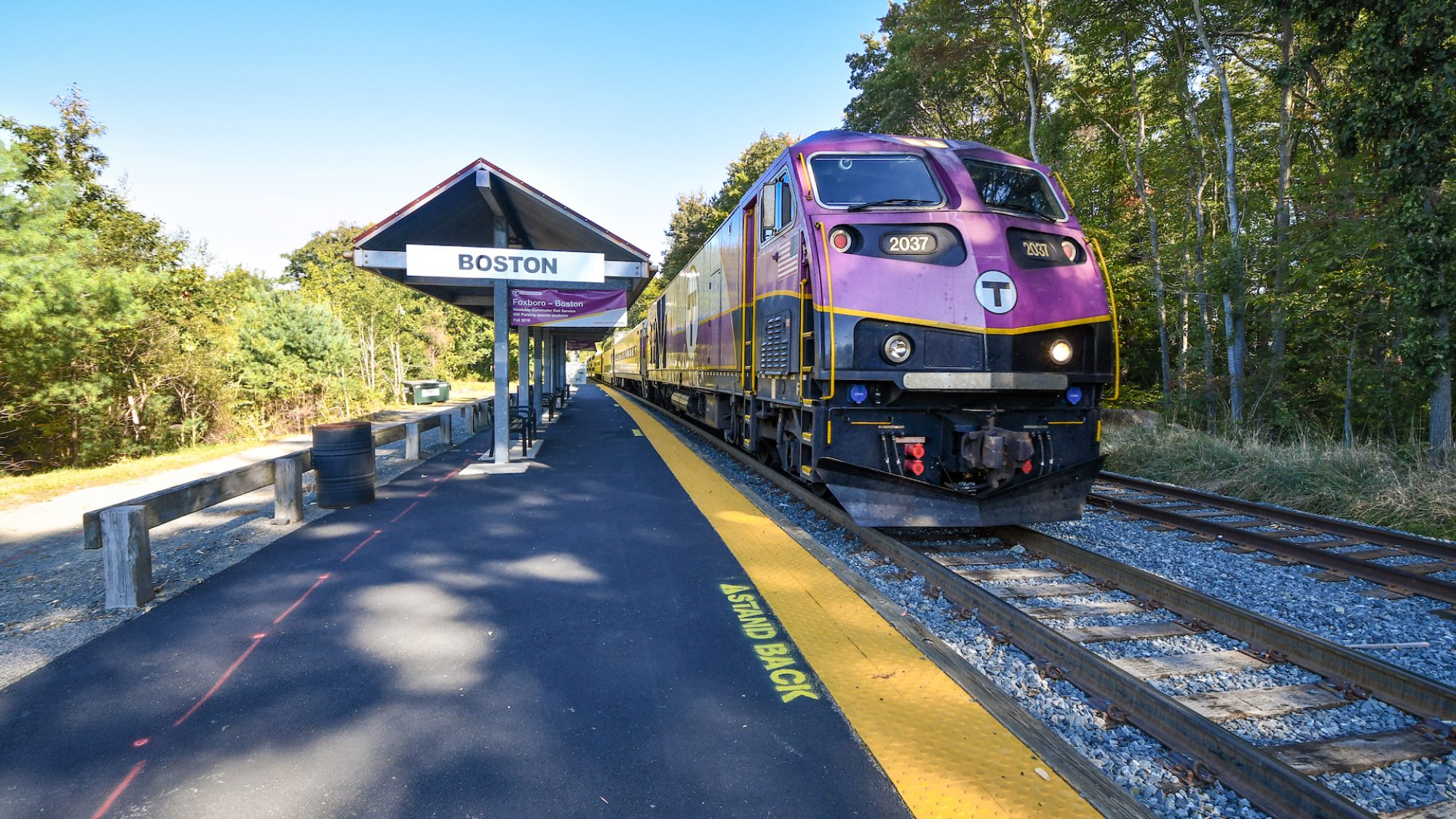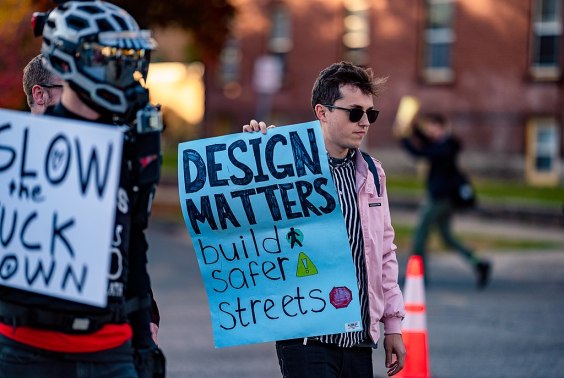A trade organization is warning that long commutes and unreliable transit services are diminishing job satisfaction among employees in the state's life sciences sector, putting one of the state's key economic engines at risk.
MassBio, an industry organization that represents over a thousand life sciences companies and research institutions across Massachusetts, today released the results of a survey that found that 60 percent of respondents would ditch their jobs for a better commute.
The biotech sector is a major employer in Massachusetts, and the source of a significant amount of the state's income and tax revenues. In 2018, the sector employed over 74,000 workers in the state, who collectively earned $11.9 billion in wages (an average annual income of $161,281 per worker), according to MassBio.
Such highly-paid workers have a keen financial interest in not wasting their valuable time.
That's a key reason why so many biotech companies have located and expanded in transit-oriented and walkable neighborhoods like Kendall Square – where a majority of workers get to work by transit, by foot, or by bike – and the Seaport.
But the MBTA's transit network has strained under the increased demand, and this summer's Red Line derailment and subsequent service disruptions clearly impacted productivity.
The survey found that, among the biotech sector's transit-using employees, 79 percent have been late for work due to transit delays, and 61 percent had experienced at least one breakdown on a public transportation vehicle.
"Traffic congestion and failures on the MBTA are worse than ever, and employees are making decisions on where to work based on their commutes,” said Robert K. Coughlin, President & CEO of MassBio, in a press release. “MassBio is working with our members to ease their employees’ commuting burden in the short-term, but there is a real need for government to come up with lasting solutions – not just to fix what’s broken, but to support further growth. MassBio looks forward to being part of the solution.”






